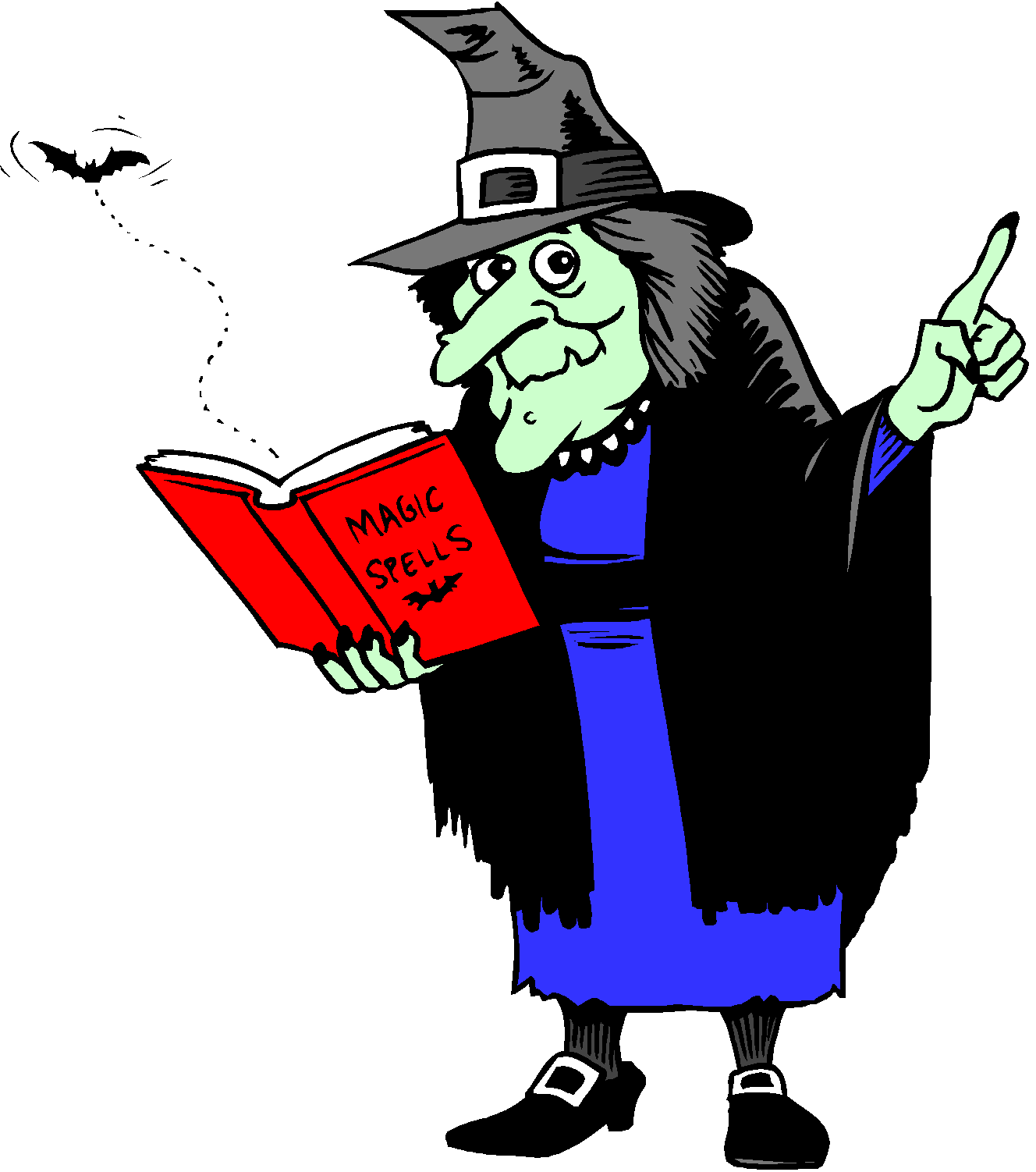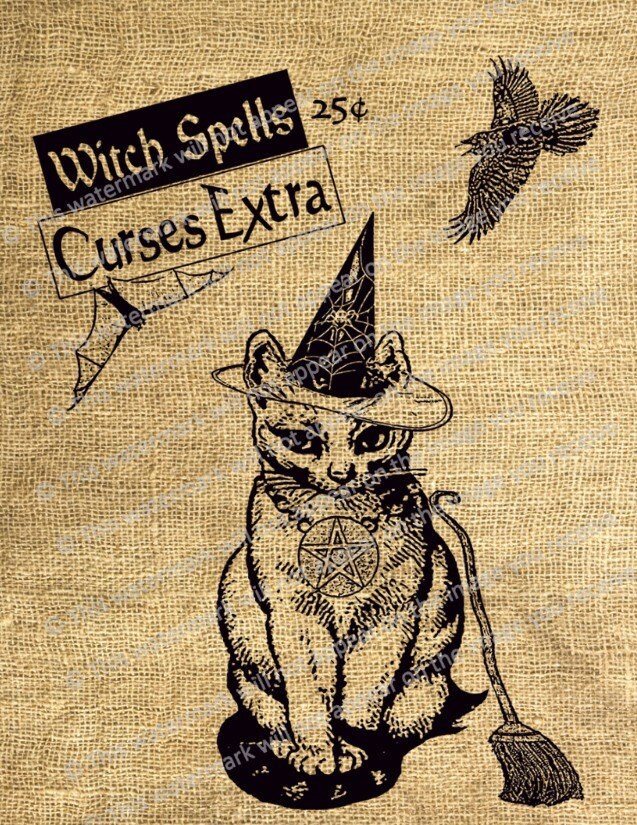Witches Spells Details
The still-extant manuscript (since 1821, MS. Malone 12 in the collection of the Bodleian Library), a small quarto-sized bundle of 48 leaves, is in the hand of Ralph Crane,[2] the professional scribe who worked for the King's Men in this era, and who prepared several texts for the First Folio of Shakespeare's plays, as well as two of the surviving manuscripts of Middleton's A Game at Chess, plus other King's Men's works. Since Middleton wrote for the King's Men in this period, the Crane connection is unsurprising. The manuscript bears Middleton's dedication to Thomas Holmes, Esq. There, Middleton refers to the play as "ignorantly ill-fated." This was long taken to mean that the play failed with the audience; but modern critics allow the possibility that the play was pulled from performance for legal or censorship reasons.[3] A 21st century adaptation is available.[4]
Macbeth
The Witch is known chiefly because parts of the play were incorporated into Shakespeare's Macbeth, perhaps around 1618. The added text involves Hecate and the Three Witches, and is found in Macbeth, Act III, scene v, and Act IV, scene i, lines 39-43 and 125-32, and includes two songs, "Come away, come away" and "Black spirits."[5] Middleton's text gives the full lyrics of the songs, which are represented in Macbeth by their first lines; they are the only songs in the First Folio that occur in this abbreviated form.
Witches
Middleton's primary source for material on witches was the Discovery of Witchcraft of Reginald Scot (1584),[6] from which the playwright drew invocations, demons' names, and potion ingredients. Middleton, however, ignores Scot's skeptical attitude toward much witchcraft lore, and merely mines his book for exploitable elements. He also borrowed the situation of a historical Duke and Duchess of Ravenna, related in the Florentine History of Niccolò Machiavelli and in the fiction of Matteo Bandello.
Witchcraft was a topical subject in the era Middleton wrote, and was the subject of other works like The Witch of Edmonton and The Late Lancashire Witches. Middleton's chief witch is a 120-year-old practitioner called Hecate. Her magic adheres to the Classical standard of Seneca's Medea; she specializes in love and sex magic, giving one character a charm to cause impotence. (In forming this aspect of the play's plot, Middleton may have been influenced by the contemporaneous real-life divorce scandal of Lady Frances Howard and the Earl of Essex, which involved charges of magic-induced impotence.)[7]
The still-extant manuscript (since 1821, MS. Malone 12 in the collection of the Bodleian Library), a small quarto-sized bundle of 48 leaves, is in the hand of Ralph Crane,[2] the professional scribe who worked for the King's Men in this era, and who prepared several texts for the First Folio of Shakespeare's plays, as well as two of the surviving manuscripts of Middleton's A Game at Chess, plus other King's Men's works. Since Middleton wrote for the King's Men in this period, the Crane connection is unsurprising. The manuscript bears Middleton's dedication to Thomas Holmes, Esq. There, Middleton refers to the play as "ignorantly ill-fated." This was long taken to mean that the play failed with the audience; but modern critics allow the possibility that the play was pulled from performance for legal or censorship reasons.[3] A 21st century adaptation is available.[4]
Macbeth
The Witch is known chiefly because parts of the play were incorporated into Shakespeare's Macbeth, perhaps around 1618. The added text involves Hecate and the Three Witches, and is found in Macbeth, Act III, scene v, and Act IV, scene i, lines 39-43 and 125-32, and includes two songs, "Come away, come away" and "Black spirits."[5] Middleton's text gives the full lyrics of the songs, which are represented in Macbeth by their first lines; they are the only songs in the First Folio that occur in this abbreviated form.
Witches
Middleton's primary source for material on witches was the Discovery of Witchcraft of Reginald Scot (1584),[6] from which the playwright drew invocations, demons' names, and potion ingredients. Middleton, however, ignores Scot's skeptical attitude toward much witchcraft lore, and merely mines his book for exploitable elements. He also borrowed the situation of a historical Duke and Duchess of Ravenna, related in the Florentine History of Niccolò Machiavelli and in the fiction of Matteo Bandello.
Witchcraft was a topical subject in the era Middleton wrote, and was the subject of other works like The Witch of Edmonton and The Late Lancashire Witches. Middleton's chief witch is a 120-year-old practitioner called Hecate. Her magic adheres to the Classical standard of Seneca's Medea; she specializes in love and sex magic, giving one character a charm to cause impotence. (In forming this aspect of the play's plot, Middleton may have been influenced by the contemporaneous real-life divorce scandal of Lady Frances Howard and the Earl of Essex, which involved charges of magic-induced impotence.)[7]
Witches Spells
Witches Spells
Witches Spells
Witches Spells
Witches Spells
Witches Spells
Witches Spells
Witches Spells
Witches Spells
Witches Spells
Witches Spells
Witches Spells
Witches Spells
Witches Spells
Witches Spells
Witches Spells
Witches Spells
Witches Spells
Witches Spells
Witches Spells
Witches Spells




















Thank you. May Hecate make your enemys face great rath. Thee will do great things.
ReplyDelete